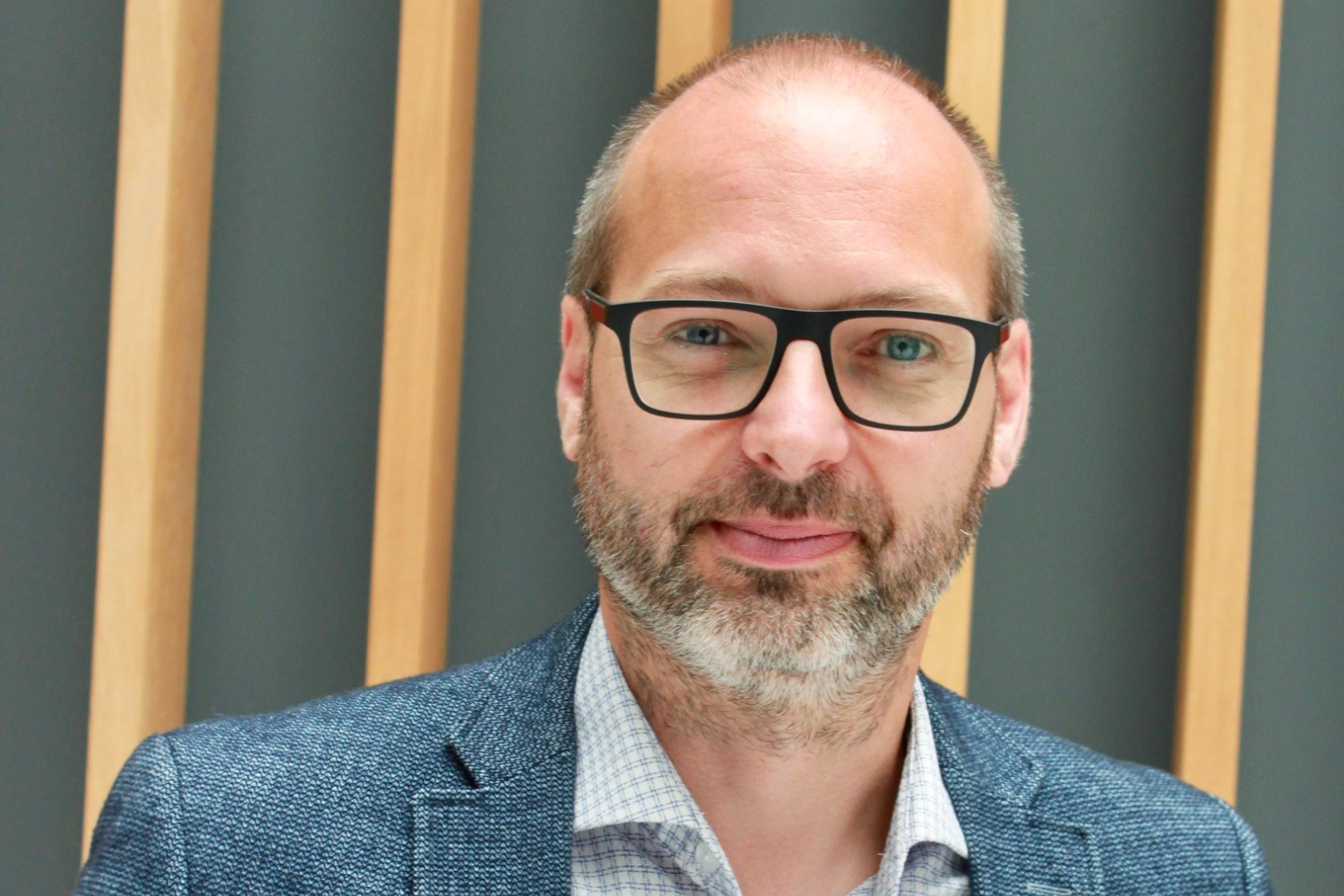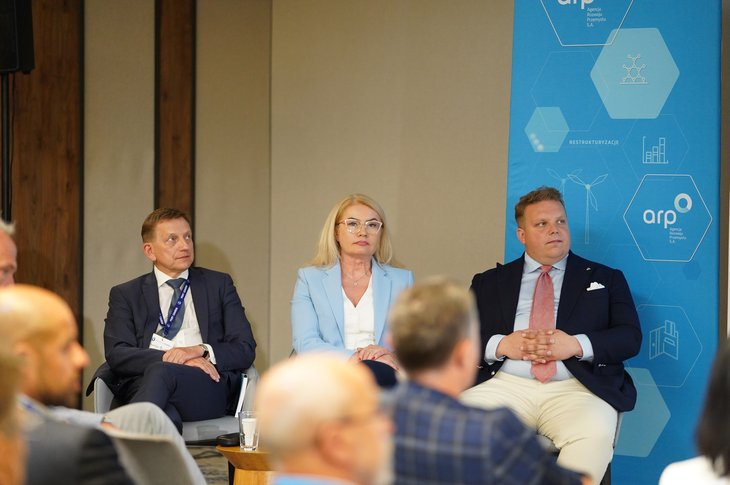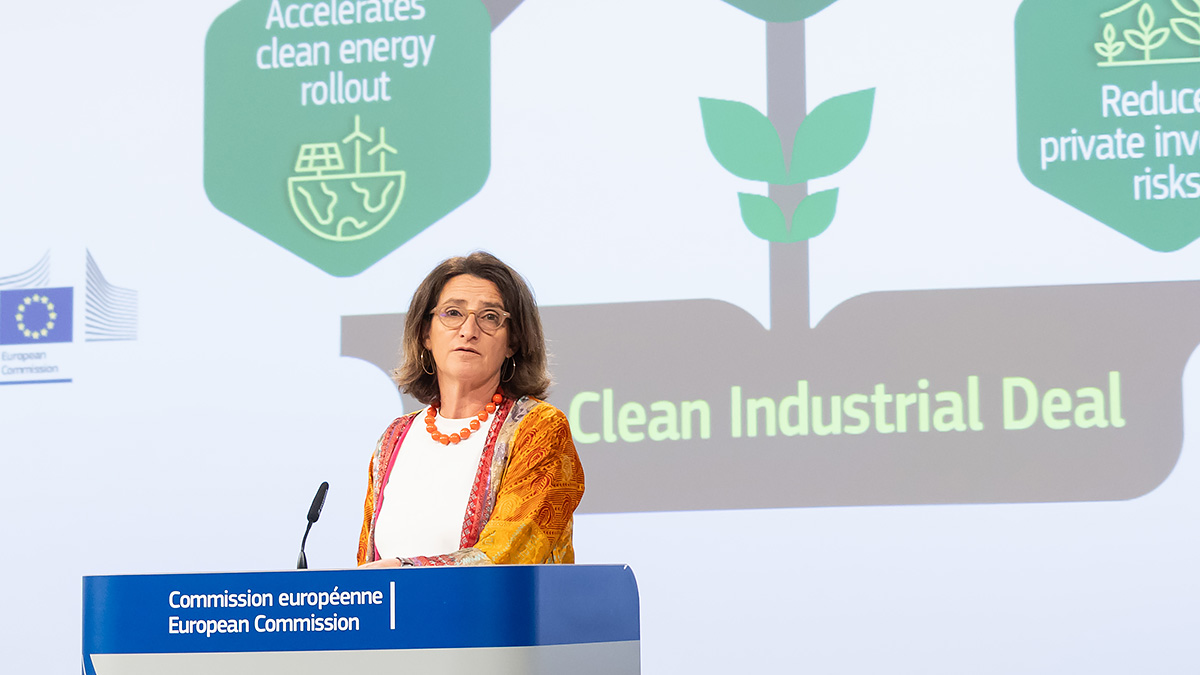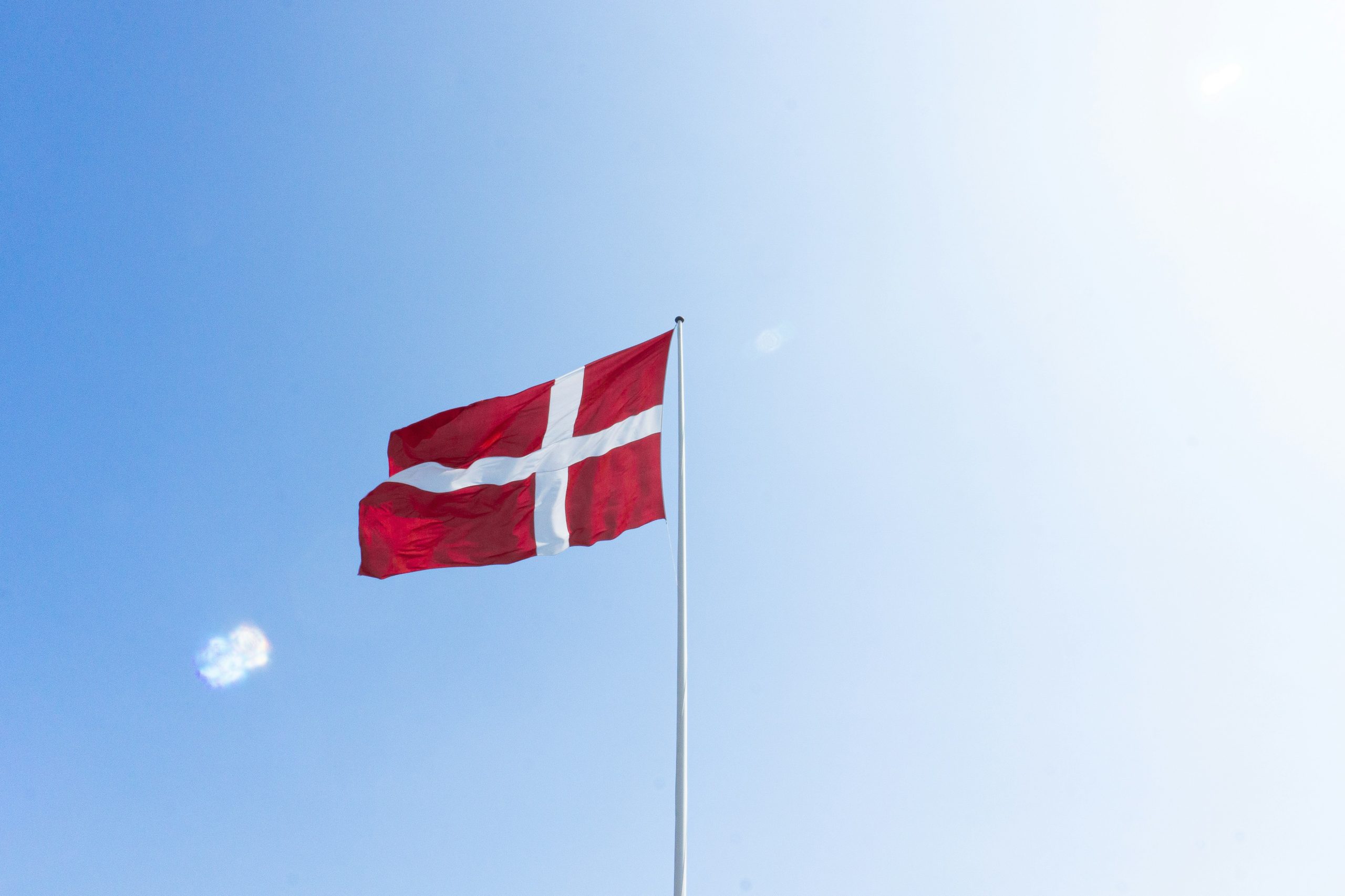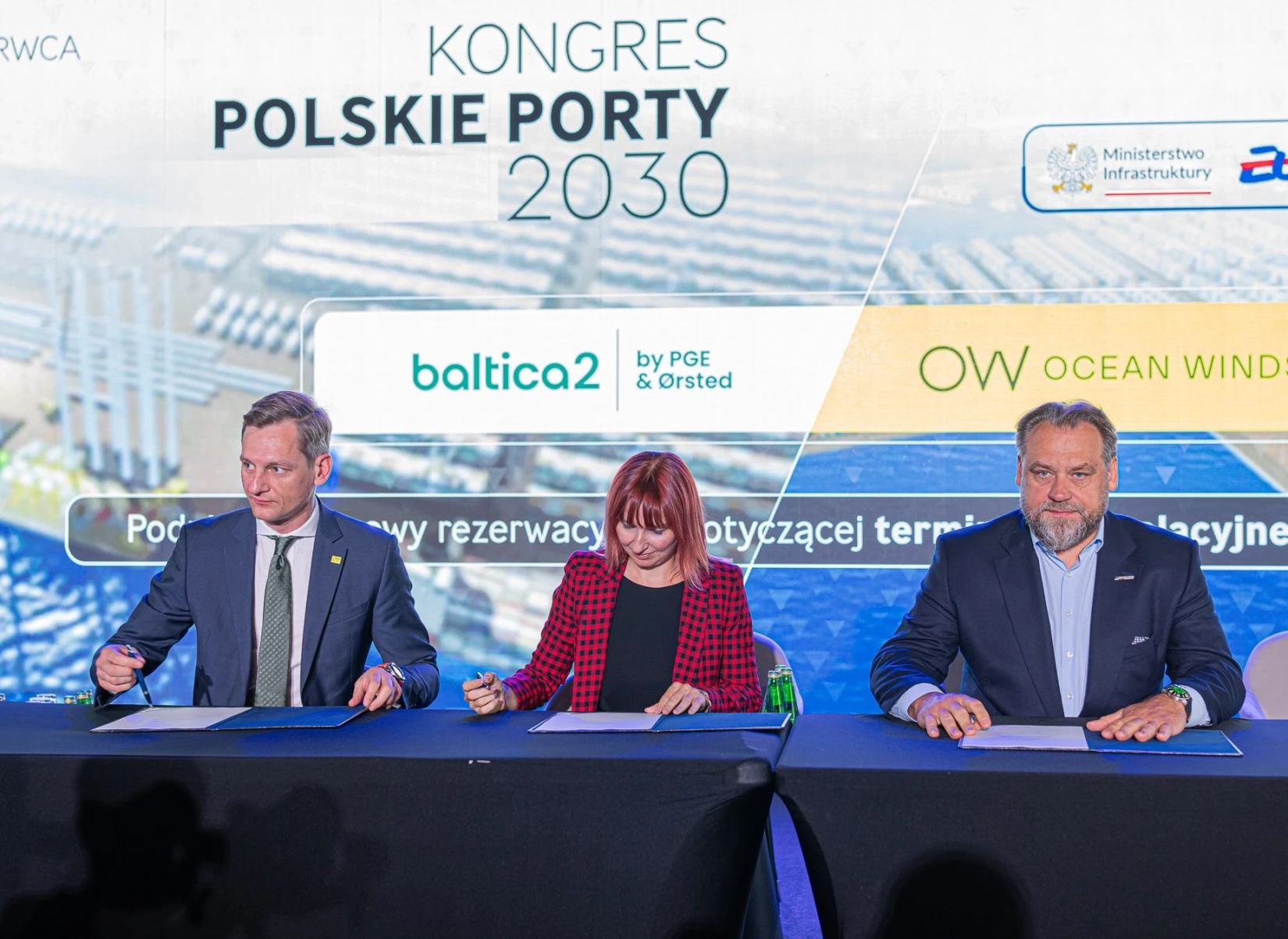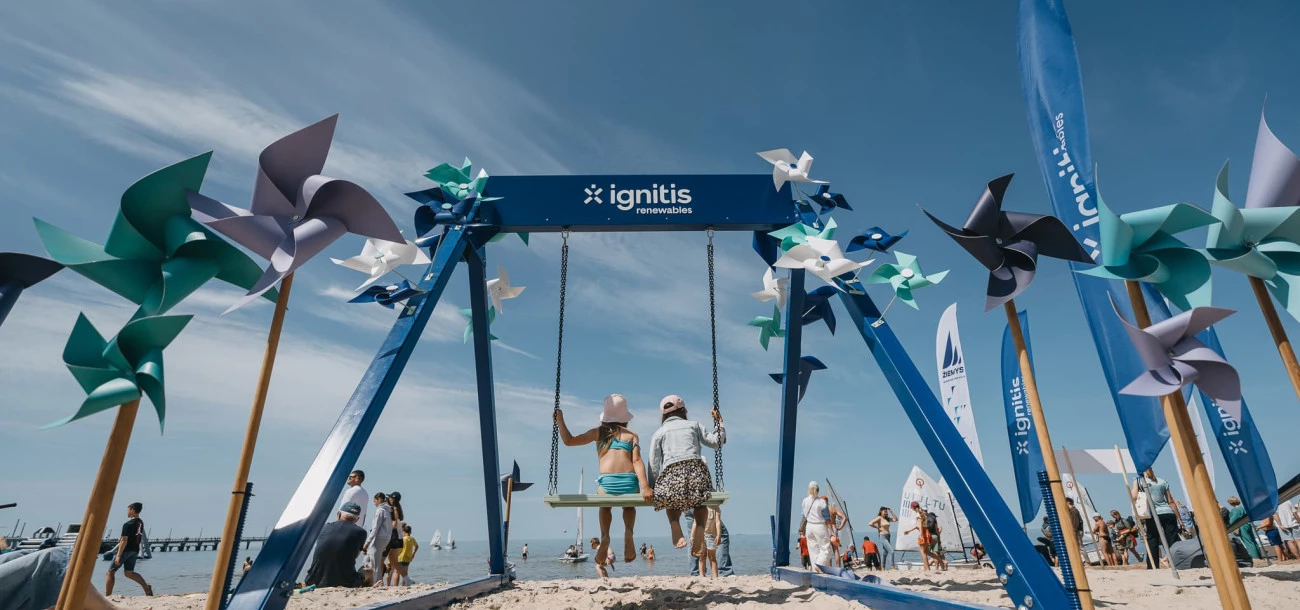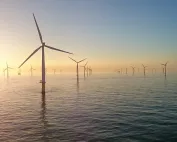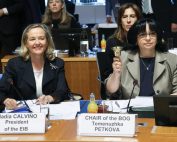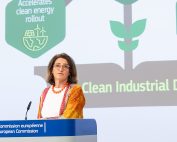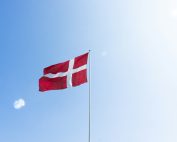Paweł Wróbel, BalticWind.EU: Offshore wind energy is becoming increasingly important in Poland’s energy transition. What is your role within the PKN Group in the context of the companies you manage, i.e. Orlen Neptun and Baltic Power? What is the role of each of them?
Jarosław Trybuchowicz. CEO of Orlen NEPTUN and Baltic Power:
I would like to start with Baltic Power, which is a special purpose company, established more than 10 years ago by PKN Orlen. It has been especially active for over 3 years now, since regulations allowed us to start the preparatory phase of all offshore projects. We were then looking for a partner with whom we could develop and build our first offshore wind farm. We were seeking an experienced company that would carry out this project with us as a partner, and most importantly share competences, knowledge and experience. We succeeded – after a multi-stage process and analyses, we chose Northland Power. Today, with hindsight, we can say that this cooperation is practically exemplary.
Today, Baltic Power is the company with the most advanced project in the Baltic Sea. Not only were we the first to secure contracts for all the key elements of the farm, but we are also obtaining the necessary administrative decisions. We were the first project to obtain a building permit, specifically for a section of the onshore connection infrastructure. In turn, Orlen Neptun companies were established in the course of preparations for phase II and based on the offshore wind farms office already operating within PKN ORLEN. Orlen Neptun combines the offshore wind competences of all companies and is responsible for the further development of offshore wind energy across the ORLEN Group.
What has been achieved during 2022 in the Baltic Power project?
Baltic Power is a project that started later compared to other phase I investments. Nevertheless, now our company can use the phrase “as the first ones…” and we are exiting 2022 as the most advanced project of Polish offshore.
We have secured all supply contracts for the key components of the farm, including production, transport and installation. In each of these areas we are cooperating with companies that are leaders – Vestas, Smulders, GE, Van Oord, Deme. By keeping up the momentum of the work and drawing on their experience, we will manage to keep the project on schedule. This is particularly important given the state of today’s global supply chains of the offshore wind sector. In current conditions, every quarter of delay on projects means a huge problem with contracting supplies for 2024-2025. We know that some projects are already facing such challenges, so we consider it all the more of a success to have secured all contracts for Baltic Power.
Is there a threat of contract delays for Baltic Power due to this situation?
No, there is no such threat at the moment. Obviously, the geopolitical situation does not make it easier to implement projects, nor did it make it easier for us as an investor to negotiate, which had been ongoing since the beginning of last year. Following Russia’s aggression against Ukraine and the huge disruption to the economy, logistics and especially the raw materials market, March and April 2022 have already created supply uncertainty. By the summer and the time of signing contracts, the main suppliers were able to adapt the supply chains of their components to the new market conditions. As of today, we do not identify a threat and, according to our plans, in 2024 we will start the main works for the construction of the farm. As early as this year, we will also see the first onshore works related to the preparation of the infrastructure for operating the farm and receiving power from the sea. Last but not least, in the context of the further development of the Baltic Power project, is the fact that the signed agreements guarantee that we can focus on obtaining financing for the project. Without these agreements, we would not be able to start these procedures. Banks and auditors verify risks connected to the projects in great detail, and the fact that we have secured agreements with market leaders puts us in a very good position in talks with financial institutions.
Please outline, how is Orlen Neptun looking at phase 2 in Poland?
We have been preparing for phase II for a long time. Hence the establishment of Orlen Neptun, which is developing dynamically due to the successive projects that are being implemented. I am referring above all to the investment being carried out with the participation of the Szczecin and Świnoujście Seaports’ Authorities related to the construction of an installation terminal, where offshore wind farm components will be prepared and pre-assembled. If we manage to obtain further location permits – and we are still counting on the Orlen Group to obtain such sites – having our own installation terminal, we will be even better prepared to implement phase II projects in the future, for which we are already ready in terms of personnel and competence.
Which challenges would you identify as key to not only the success of your projects, but also the realisation of other investments in Poland?
Offshore wind can be the cheapest source of clean energy. A source that can be produced day and night, which gives it an advantage over photovoltaics, for example. Of course, there are times when it’s less windy, but in general it is the most stable of the renewable energy sources. Offshore wind development is one of the strategic developments of European energy. The sea is a generally accessible body of water, where we have several co-users such as fishermen, shipping, the military and soon also wind turbines. The turbines don’t bother anyone; standing around 30 km from the coast they don’t even disturb the landscape. There is, of course, a problem when all countries are now betting on their development. Therefore, the supply chain is the first challenge. The capability of turbine, components, foundations, transition pieces, and cable manufacturers – so that the market can meet the demands of the projects and supply to everyone. Poland is a big country, plus the I and II phases are quite large and full of business prospects. We know that the key suppliers are interested in our market and want to take up the challenge of becoming a part of the Polish sector’s development. Many of them see us as a hub from which components could be supplied to the whole of the Baltic, and maybe to the North Sea. I’m talking about Vestas, Siemens Gamesa’s plans in the Tri-City, or the investment plans of cable manufacturers. We, as Orlen, have also taken up this challenge and our contribution is the construction of an installation terminal. Without this, we would have to rely on ports in, for example, Denmark or Germany. Given that the offshore there will also be dynamically developed, this would mean possible availability problems for our projects. Hence, seeing how many projects will be carried out in the Polish Baltic Sea over the next decades, we decided to build our own infrastructure.
Of course, the projects that will be implemented by the Orlen Group will be priorities. At the same time, we are already in preliminary talks with other developers who would be interested in using our installation terminal in Świnoujście. At the moment, we are at the stage of obtaining all approvals and decisions for this investment. We have already received first consents, among others for the demolition of all buildings that are located in the area. We are at the final stage of obtaining the environmental decision or the PSZW permit, which will allow new quays to be built. We are enlarging the area of the former shipyard, building two new quays with very large capacities. The changes are significant because we are talking about quays with a much higher lifting capacity. A typical harbour quay has a lifting capacity of 4 tonnes. The quay receiving deliveries of components will have a bearing capacity of up to 20 tonnes per square metre, and where towers, turbines and blades will be assembled and installed, up to 50 tonnes per square metre. As a hydrotechnical engineer, I know that these are very massive hydrotechnical structures, which have not been built in Poland so far.
Another challenge that we are facing as an industry is the grid infrastructure. We know that PSE has specified development plans, but it does not fully take into account the II offshore phase, especially the intention to increase auctions. This should be followed by a change in the grid development plan, especially as this is also required by the development of nuclear power. The development of a grid that will be able to take energy from the farms in the Baltic Sea in the north to the south is the first step to further work on the stability of supply throughout the country.
The last very important element – these projects cannot be realised without human resources. We can already see the demand we have in our companies for employees who have experience with offshore. There are not many of these people, although a lot of Poles have been working abroad for years in the market for world leaders – developers, manufacturers or suppliers. Therefore, we need to find a mechanism to encourage these specialists to return to Poland and work for the development of offshore in Poland. This is one way. The other is to educate staff-starting with people who have experience with large projects such as construction or energy projects. These people can be educated, they can absorb knowledge from people with offshore experience. We work with universities and high schools. New courses have appeared, which is a good sign, and within a few years, graduates will become a part of the staff of developers in Poland. Let’s hope that as many of them as possible stay in Poland and not go abroad. This will not be easy even at the level of technicians to service wind farms. We have plans to transfer knowledge to ORLEN Group companies as projects develop and begin operations.
This interview was published in the Quarterly Country Report for Poland Q4/2022
